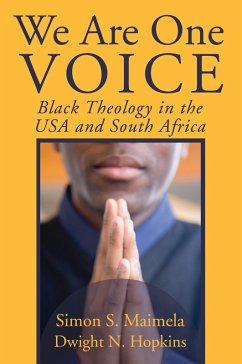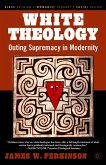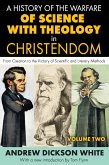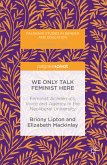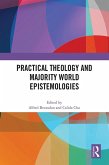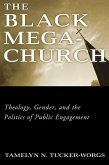Black theology of liberation in the USA and South Africa (SA) both began from the mid-1960s to the early 1970s. They carried the energy of the youth who were eager to change the world so that all peoples would enjoy life and live as neighbors. Legal racial laws still existed in parts of the US in the mid-1960s. And apartheid laws on separation of races were as normal and accepted as breathing air. Given the major racial divides and the presence of human differences in all of society, concerned individuals, in both countries, realized that religious practice or the study of religion could not be done separate from the everyday lives of ordinary people. In response to racial laws, blacks created a vibrant renaissance of black culture and organizations. Song, stories, histories, and coalitions flourished. Blacks of all classes became energized and participated in a rebirth of what it meant to be black. What was a true citizenship rooted in justice? In fact, it was a profound striving to produce a new vision of the US and South Africa. Deep and broad hope filled these communities and many throughout both countries. Black religious leaders and ordinary people of faith were heavily impacted by this bubbling and creative black renaissance. The founders of black liberation theology in both countries emerged out of this larger movement to redefine what is a healthy community with healthy individuals. In recent years, USA and SA have had their first black elected presidents (i.e., Nelson Mandela and Barack Obama). Such historic and amazing developments show strides in both countries across the Atlantic. Yet, the economic success after US legal segregation and SA apartheid seemed to have gone primarily to only the top 5 percent of black people. The republication of We Are One Voice is still needed today. Questions of poor and working people, women's rights, and the importance of connecting spiritualty and faith to culture, politics, and economics are even more pressing in the twenty-first century than they were in the last.
Dieser Download kann aus rechtlichen Gründen nur mit Rechnungsadresse in A, D ausgeliefert werden.

